February 7, 2025 | 06:05 GMT +7
February 7, 2025 | 06:05 GMT +7
Hotline: 0913.378.918
February 7, 2025 | 06:05 GMT +7
Hotline: 0913.378.918
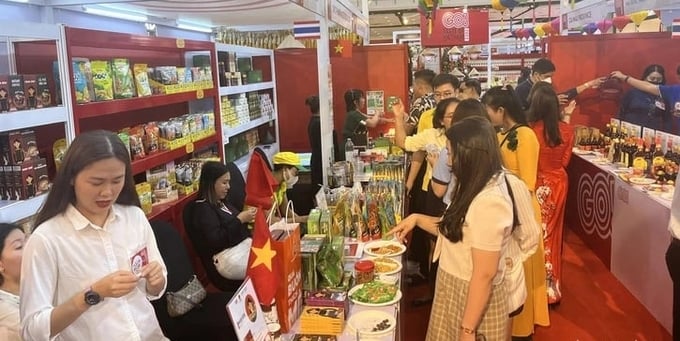
Vietnamese exports must meet green criteria to enter the markets of certain countries. Photo: N.Binh.
Ms. Ly Kim Chi, Chairwoman of the Ho Chi Minh City Food and Foodstuff Association, stated that some major export markets in the food and foodstuff industry, including the EU, have issued warnings regarding the necessity for products to meet green criteria to export to these markets.
Alongside challenges concerning logistics management costs and input raw materials, Vietnamese enterprises are currently changing management approaches to aim for sustainable development and integrate ESG standards (Environment, Social, Governance) into their business strategies.
According to Ms Chi, these requirements pose challenges for domestic enterprises as they lead to increased goods production costs, eroding profits.
These criteria include producing environmentally friendly goods, fostering local economic development, supporting communities, and focusing on producing green products with recognized green labels by reputable domestic organizations.
According to Ms Nguyen Thi Hoang Thuy, the Commercial Counselor of Vietnam in Sweden, also responsible for the Nordic countries, major corporations in Northern Europe are keen to purchase goods from Vietnamese suppliers, prioritizing those who share values regarding sustainability.
"For food businesses, products must not only meet the mandatory requirements of the EU such as product safety, pesticide residue limits but also meet the very strict requirements of buyers such as environmental certifications, social responsibility," Ms. Hoang Thuy further shared.
Products from businesses will be accepted by Northern European buyers if they adhere to sustainable initiatives. For example, for renowned buyers like FH in Sweden, apart from basic standards, they emphasize finding suppliers with BSCI/Amfori (Business Social Compliance Initiative) certification.
For the food industry, the EU's implementation of the Carbon Border Adjustment Mechanism, the European Green Deal, and the "Farm to Fork" policy pose significant challenges. Most Vietnamese businesses lack sufficient information, knowledge, and resources to comply with these policies.
Meanwhile, developing the export supply chain, including businesses, agricultural product purchasers, producers, processors, distributors, and logistics service providers, will help ensure products meet high-quality and safety standards, with competitive prices in the international market, contributing to the sustainable development of the national economy.
According to Mr. Luu, Vietnam can leverage its export potential in major markets such as the United States, the European Union, China, and Japan due to the diversity and high quality of products such as coffee, rice, and cashew nuts.
However, Vietnam also faces challenges in complying with environmental requirements and pressure from trade protectionism, as well as the need for investment in technology to enhance competitiveness in the global market.
Translated by Hoang Duy
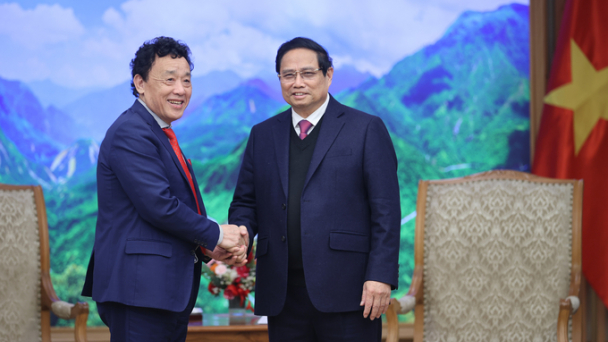
(VAN) World Food Day 2025 will take place on October 16, marking the 80th anniversary of the Food and Agriculture Organization of the United Nations (FAO).
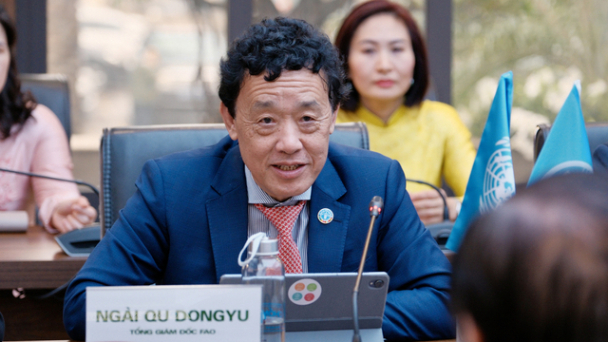
The visit of FAO's two most senior leaders at the start of the new year, Director-General Qu Dongyu and Deputy Director-General Godfrey Magwenzi, highlights the strong and enduring partnership between FAO and Vietnam.
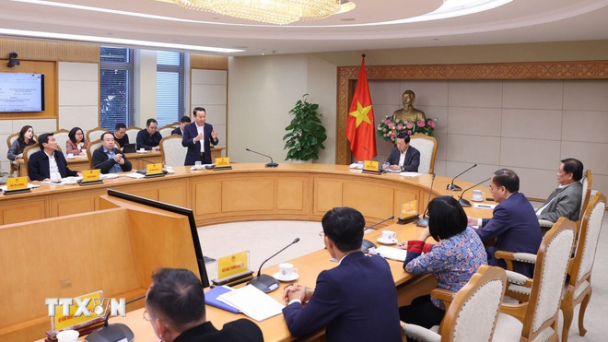
(VAN) The Government directed the Ministry of Natural Resources and Environment and the Ministry of Agriculture and Rural Development to review the functions of the newly merged Ministry of Agriculture and Environment.
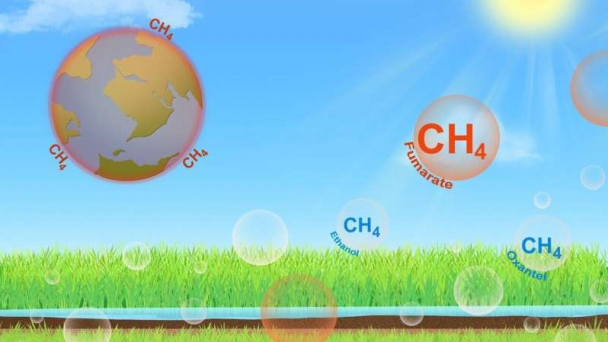
(VAN) Rice cultivation is responsible for around 12% of global methane emissions, and these emissions are expected to increase with global warming and as the human population continues to grow.
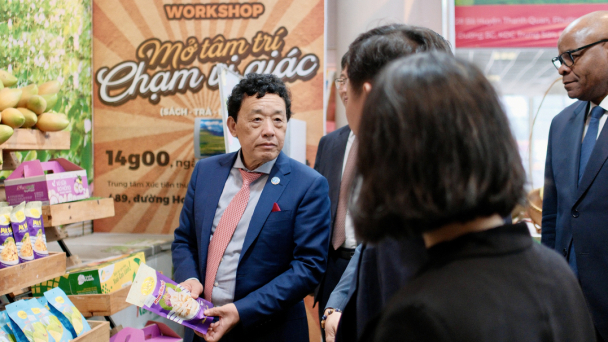
(VAN) FAO Director-General Qu Dongyu conveyed his impression for Vietnam's OCOP products, emphasizing their striking packaging designs and their ability to represent the local cultural essence.
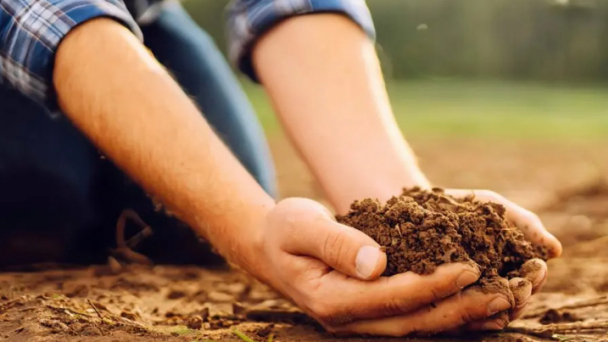
(VAN) Scientists have found that insect frass–a blend of excreta, feed, and molted skins – is far from a mere waste product. Instead, it could play a key role in advancing greener, more sustainable agriculture.
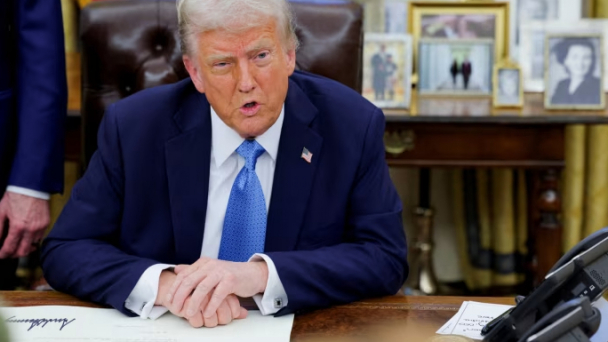
(VAN) US president says he will hit Canada, Mexico, China and EU with levies as he targets major trading partners.